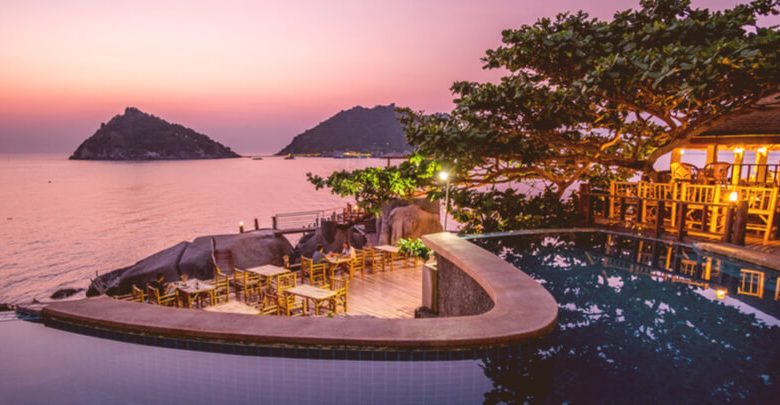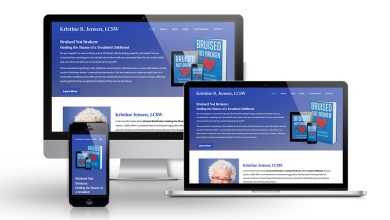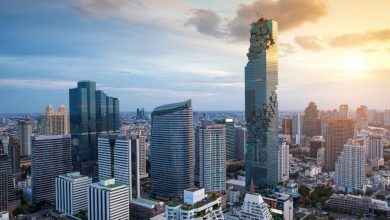Golden Years in the Land of Smiles: A Guide to Retiring in Thailand

For many retirees, the idea of leaving behind cold winters, high costs of living, and fast-paced lifestyles is more appealing than ever. Enter Thailand—known as the “Land of Smiles”—where warm weather, welcoming locals, and an affordable lifestyle make it one of the top retirement destinations in the world.
If you’re considering spending your golden years in a tropical paradise, this guide will walk you through why Thailand is a top choice and how to make the transition as smooth as possible.
Why retire in thailand?
Thailand offers a combination of beauty, affordability, and comfort that’s hard to beat. From stunning beaches to rich cultural experiences, it appeals to both adventure-seekers and those looking for peace and simplicity.
Here are the key reasons why so many retirees choose Thailand:
1. Low Cost of Living with High Quality of Life
You can live comfortably in Thailand for a fraction of what it costs in Western countries. Whether you’re living on savings, a pension, or social security, your money will go much further.
-
Rent: A modern one-bedroom apartment in Chiang Mai may cost as little as $400/month. Even beachfront condos in Pattaya or Phuket can be found under $1,000.
-
Food: You can enjoy a meal at a local Thai restaurant for $2–$4. Fresh tropical fruits and local markets make healthy eating cheap and enjoyable.
-
Transportation: Taxis, buses, and domestic flights are very affordable. Many retirees even get around on scooters or by walking.
2. Warm Climate Year-Round
If you’re tired of shoveling snow or dealing with gloomy winters, Thailand offers a warm and sunny alternative. With average temperatures between 75°F and 90°F (24–32°C), you’ll enjoy outdoor living, beach walks, and patio dining throughout the year.
While the tropical climate includes a rainy season, the storms are usually short and refreshing rather than disruptive.
3. Excellent Healthcare at Affordable Prices
Thailand has a world-class healthcare system, with hospitals in Bangkok and Chiang Mai that are internationally accredited and English-speaking. Many retirees travel to Thailand specifically for medical care due to its affordability and high quality.
-
Routine Check-ups: Often under $50 without insurance.
-
Major Procedures: Surgeries can cost 70–80% less than in the U.S. or Europe.
-
Health Insurance: Expats can purchase private health insurance tailored for retirees, often with low premiums and excellent coverage.
4. Friendly Locals and Expat Communities
Thai people are known for their hospitality and respectful culture. retire in thailand As a retiree, you’ll find locals warm and welcoming, especially in areas with established expat populations.
Popular expat hubs include:
-
Chiang Mai: A relaxed, cultural city in the north known for its temples and nature.
-
Hua Hin: A beachside city popular with retirees, offering a slower pace of life.
-
Bangkok: A fast-paced capital city for those who enjoy urban living.
-
Pattaya and Phuket: Known for their beaches, nightlife, and active expat scenes.
No matter where you settle, you’re likely to find clubs, social groups, and support networks to help you adapt.
5. Rich Culture and Activities
Thailand is steeped in culture and traditions that add depth to daily life. As a retiree, you’ll have the time and freedom to explore and engage.
-
Temples and Spirituality: Visit serene temples or even attend meditation retreats.
-
Festivals: Experience colorful Thai festivals like Loy Krathong and Songkran.
-
Hobbies and Learning: From Thai cooking classes to Muay Thai training, there’s always something new to try.
6. Visa Options for Retirees
Thailand makes it relatively straightforward for foreigners to stay long-term. Here are the main visa options for retirees:
Non-Immigrant O or OA Visa
-
Age 50+
-
Must meet one of the following financial criteria:
-
800,000 THB (approx. $22,000 USD) in a Thai bank
-
Monthly income of 65,000 THB (approx. $1,800 USD)
-
A combination of savings and income that meets the threshold
-
-
Renewable yearly
-
May require proof of health insurance depending on the type
There are also Elite Visas for those who prefer a premium, long-term stay option, offering up to 20 years of residency with extra perks.
7. Considerations and Tips Before Moving
Retiring in Thailand is exciting, but there are a few things to keep in mind:
-
Language Barrier: English is widely spoken in tourist and expat areas, but learning basic Thai will help in daily life.
-
Legal Requirements: Work with a visa consultant or Thai immigration lawyer to avoid issues with documentation and renewals.
-
Cultural Respect: Thailand values politeness and respect. Understanding cultural norms (like removing shoes indoors or avoiding public criticism) will help you blend in.
Pro Tip: Visit for a few months before committing. Try different cities, meet locals and expats, and see which place feels right for you.
Final Thoughts
Retiring in Thailand isn’t just about saving money—it’s about upgrading your lifestyle. It offers a balance of comfort, excitement, and peace that’s hard to find elsewhere.
Whether you’re dreaming of beachside mornings, temple strolls, or fresh mango sticky rice under a palm tree, Thailand delivers a fulfilling retirement in every sense of the word.
So if you’re planning your next chapter, maybe it’s time to turn the page… and let Thailand write your best story yet.









